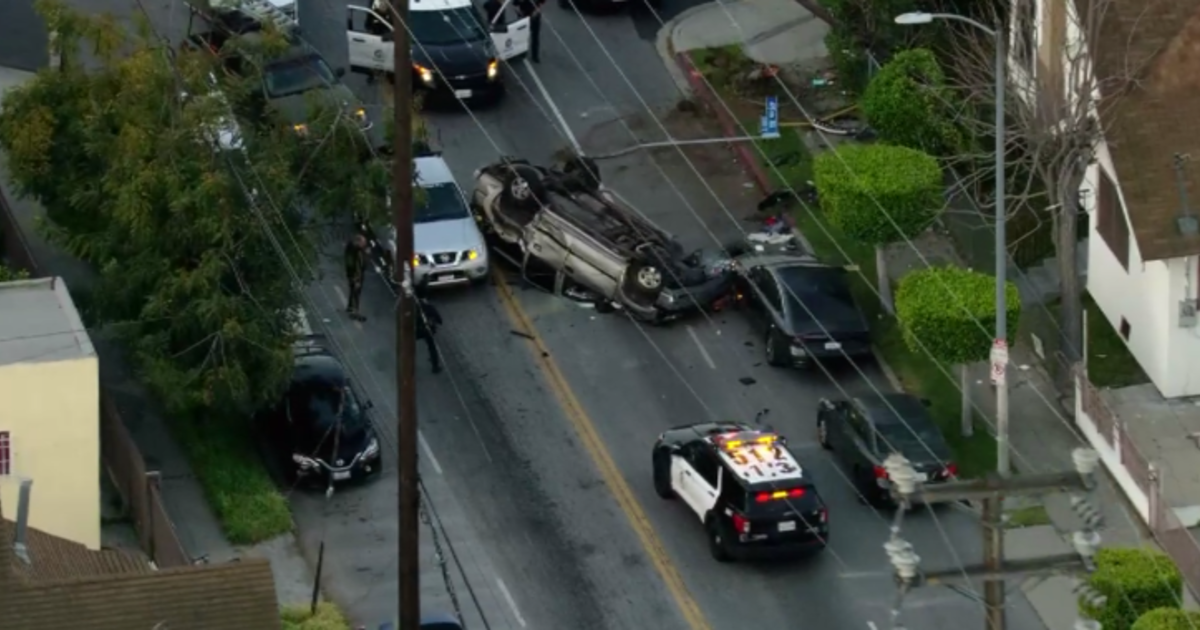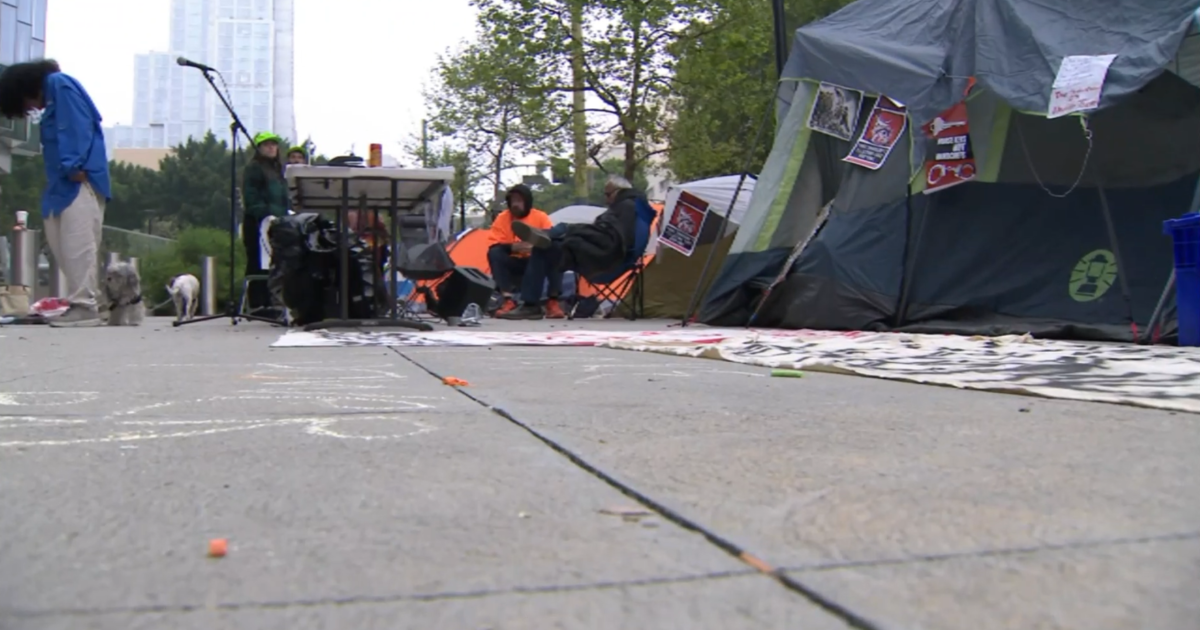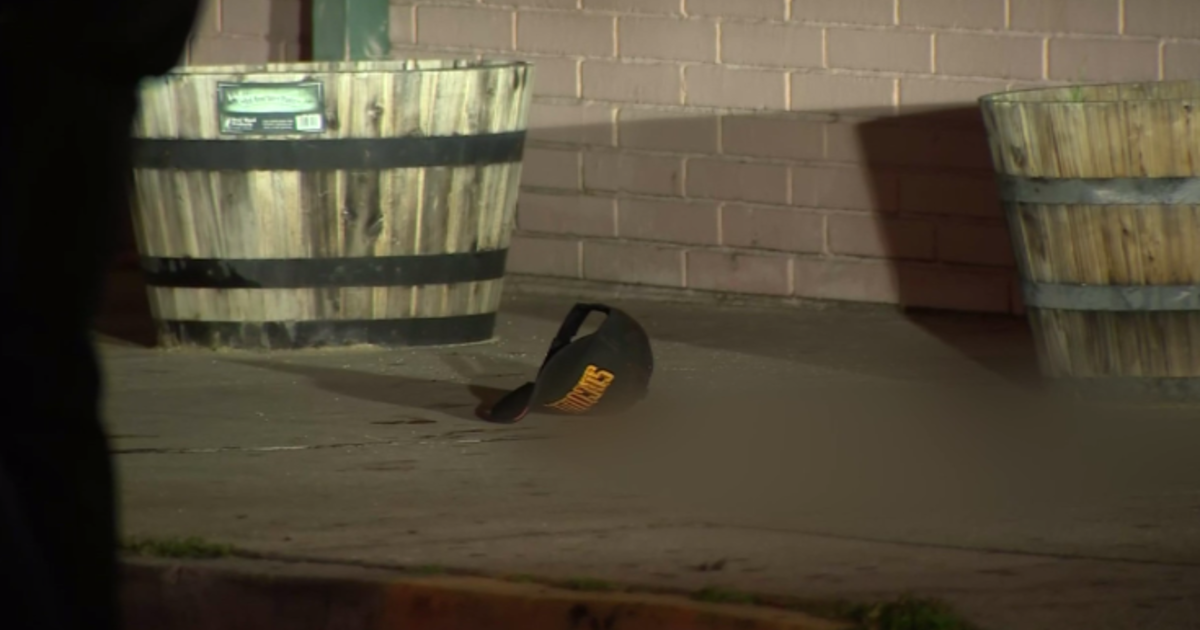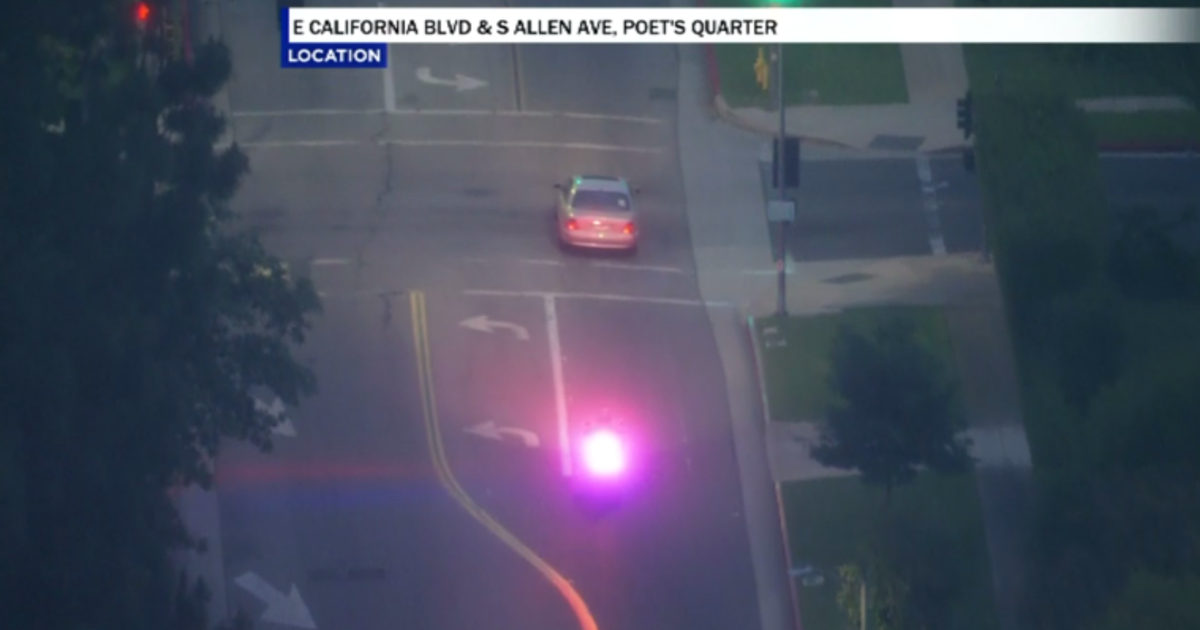Angelenos Escape To Rural Areas To Get Stellar View Of Perseid Meteor Shower
AGUA DULCE (CBSLA.com) — As Southern California enters into the prime of the astronomical viewing event of the year, Los Angeles residents are looking to get away from the city to get a front-row view.
The Perseid meteor shower, which is visible every August, is sharing its celestial show with anyone fascinated enough to look into the late-summer night sky, and people in urban areas are going rural to avoid interference from light pollution.
City residents flocked to areas such as Agua Dulce's Vasquez Rocks Park on Wednesday night to see the meteors.
"It's nice to see streaks of dust flying through the air and lighting up," viewer Joe Palomino said.
While the Perseid meteor shower, a favorite among stargazers due to its high rate of meteors, is viewed every year, it happened to fall on a new moon in 2015. This means the sky Wednesday night was particularly dark, providing perfect conditions for seeing as many meteors as possible.
The shower last happened on a new moon back in 2007.
"In the past years when (my son) was too small to come out, even if there was going to be no moon tonight, if we come out early he still should be able to see something," viewer Amber Norwood said.
The shower's peak is expected to last from 11 p.m. Wednesday through 3 a.m. Thursday, with some areas able to see as many as around 100 meteors per hour.
NASA's Jet Propulsion Laboratory in Pasadena says that, should you happen to miss Wednesday night's show, there's no reason to fret, as it should last through the weekend.
"Try again tomorrow night or on the weekend," JPL's Jane Houston Jones said. "You won't see as many, but you will definitely see some."
The Perseid meteor shower, which gets its name from the meteors appearing to originate from the Perseus constellation, has been observed on record for at least 2,000 years. The meteors themselves are essentially debris from the Swift-Tuttle comet, which heats up and releases particles every time its orbit carries it close to the sun.



